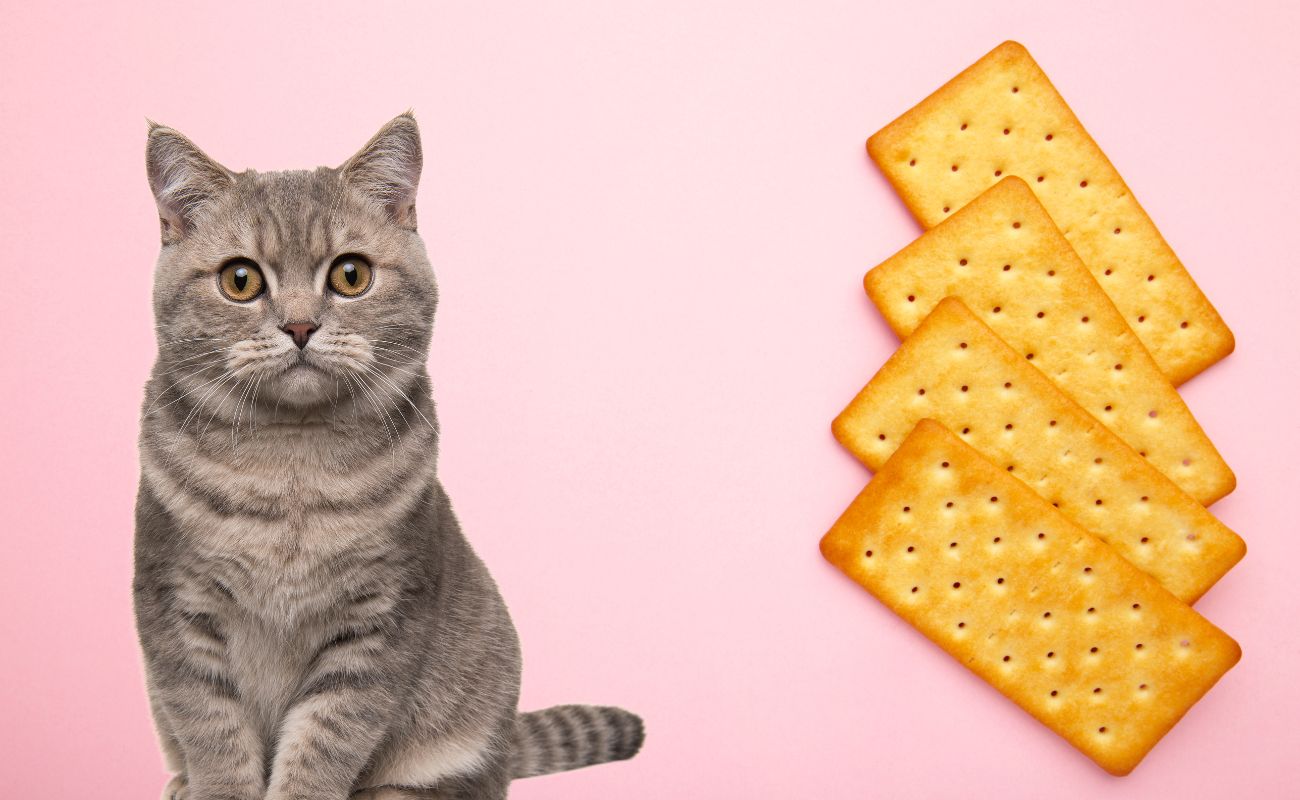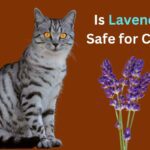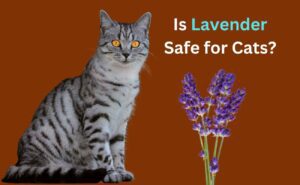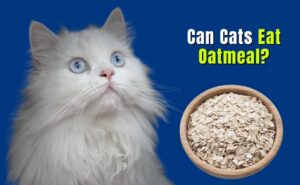Cats are known for their curiosity and their penchant for sampling human food. As a pet owner, you might wonder about the safety of various snacks for your feline friend. One common snack that might catch your eye is Ritz crackers. In this blog post, we will explore whether Ritz crackers are safe for cats and what you should know before sharing this treat with your furry companion.
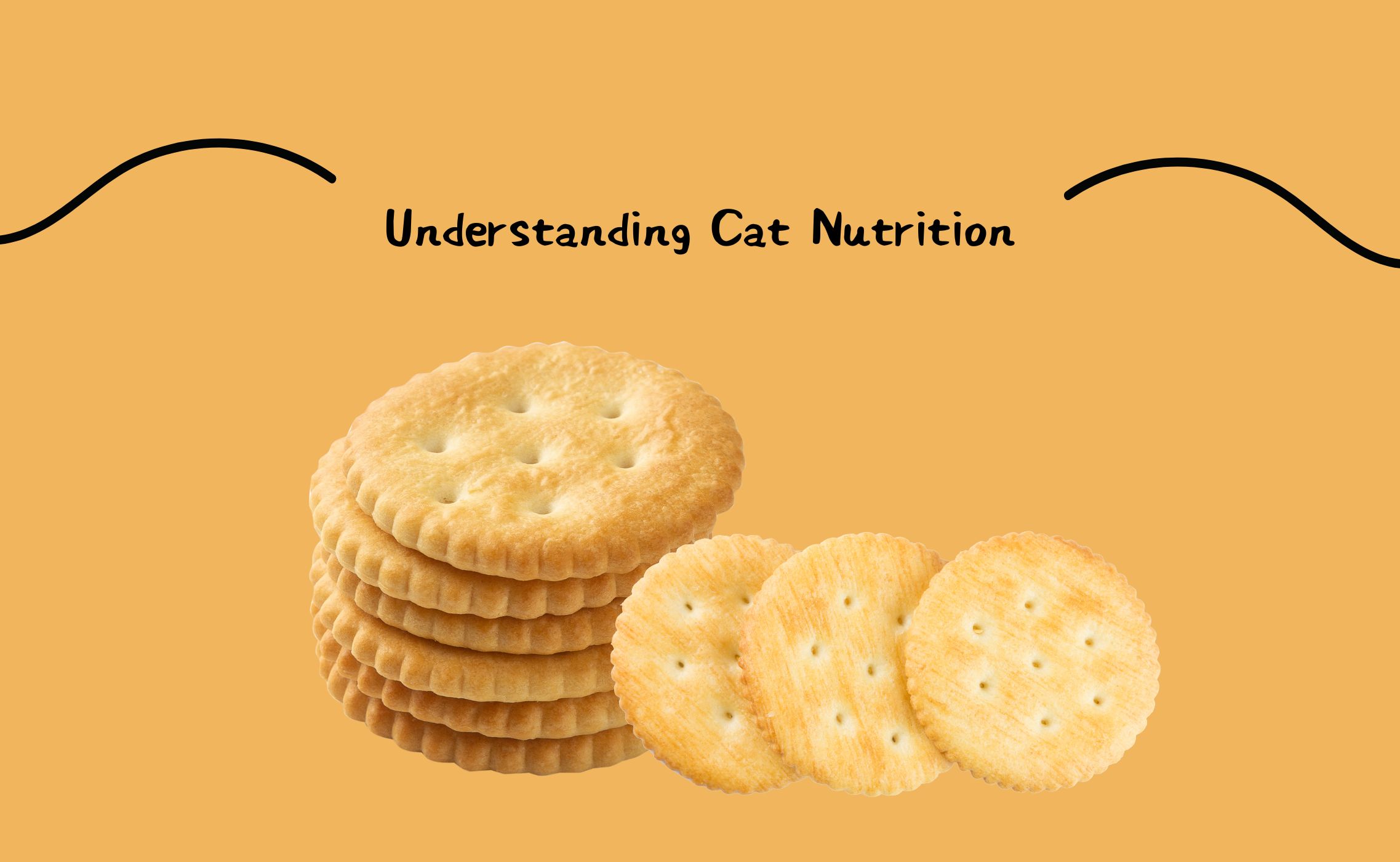
Understanding Cat Nutrition, Can Cats Eat Ritz Crackers?
Cats have specific dietary needs that are quite different from humans and even other pets like dogs. They are obligate carnivores, meaning their diet should primarily consist of meat. This is because cats require certain nutrients, such as taurine, that are found almost exclusively in animal tissues. A diet lacking in these essential nutrients can lead to serious health issues for your cat.

Essential Nutrients for Cats
Cats need a diet rich in proteins, fats, vitamins, and minerals. Proteins and fats provide the necessary energy and support various bodily functions. Vitamins like A, D, E, and B-complex, along with minerals such as calcium and phosphorus, are crucial for maintaining their health. Additionally, cats require taurine and arachidonic acid, which are only found in animal products.
| Nutrient | Amount per Serving (5 crackers) | |
|---|---|---|
| Calories | 80 kcal | |
| Total Fat | 4.5 g | |
| Saturated Fat | 1 g | |
| Trans Fat | 0 g | |
| Cholesterol | 0 mg | |
| Sodium | 130 mg | |
| Total Carbohydrates | 10 g | |
| Dietary Fiber | 0 g | |
| Sugars | 1 g | |
| Protein | 1 g | |
| Vitamin A | 0% DV | |
| Vitamin C | 0% DV | |
| Calcium | 0% DV | |
| Iron | 2% DV |
The Role of Treats
While treats can be a delightful addition to your cat’s diet, they should never replace the main nutritional components. Treats should be given in moderation and should ideally complement their primary diet. This brings us to the question: Can cats eat Ritz crackers?
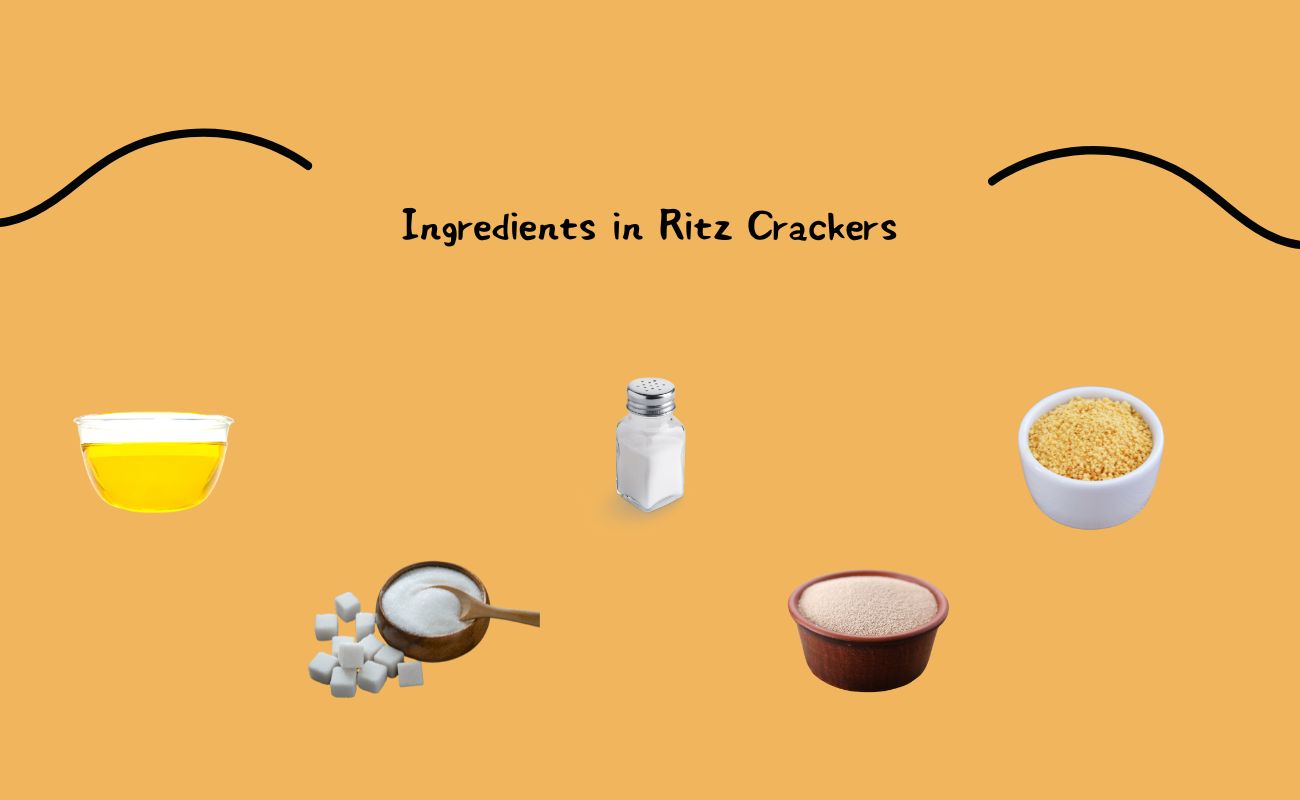
Ingredients in Ritz Crackers
To determine whether Ritz crackers are safe for cats, it’s important to examine their ingredients. Ritz crackers are made from wheat flour, vegetable oil, sugar, salt, leavening agents, and sometimes cheese or other flavorings. Let’s break down these components to understand their impact on cats.
Wheat Flour and Vegetable Oil
Wheat flour is a carbohydrate source that doesn’t offer significant nutritional benefits to cats. Cats do not have a high requirement for carbohydrates, and excessive consumption can lead to weight gain and other health issues. Vegetable oil, while providing some fats, is not as beneficial as the animal-based fats cats need.
Sugar and Salt
Sugar is not necessary for cats and can contribute to obesity and dental problems. Similarly, high levels of salt can be harmful, leading to issues like hypertension and kidney disease. Cats have a much lower tolerance for salt compared to humans, making it important to monitor their intake.
Additives and Flavorings
Additional ingredients like cheese or flavorings may contain artificial additives and preservatives. These substances can cause digestive issues or allergic reactions in cats. Cheese, being a dairy product, might not be suitable for all cats, especially those that are lactose intolerant.
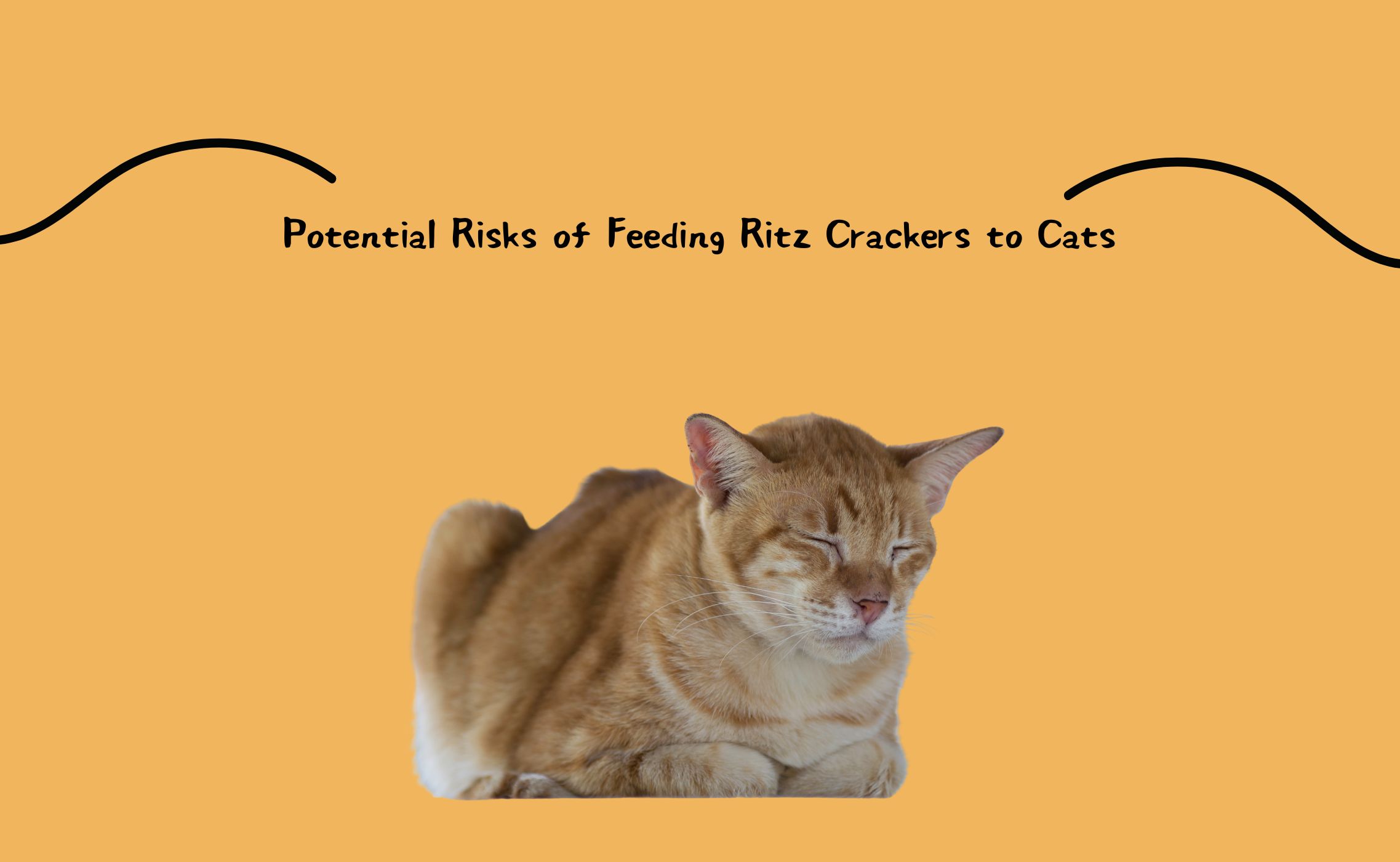
Potential Risks of Feeding Ritz Crackers to Cats
Given the ingredients in Ritz crackers, there are several potential risks associated with feeding them to your cat. While an occasional small piece might not cause immediate harm, regular consumption or larger quantities can lead to various health problems.
Digestive Issues
Cats have a sensitive digestive system, and foods high in carbohydrates, fats, and artificial additives can lead to gastrointestinal upset. Symptoms might include vomiting, diarrhea, and general discomfort.
Obesity and Related Health Problems
Feeding your cat high-calorie snacks like Ritz crackers can contribute to weight gain and obesity. Obesity in cats is associated with numerous health issues, including diabetes, joint problems, and decreased lifespan.
Nutritional Imbalance
Regularly feeding your cat non-nutritive snacks can result in a nutritional imbalance. Cats require a diet that provides all essential nutrients in the right proportions. Filling their diet with empty calories can lead to deficiencies and health complications.
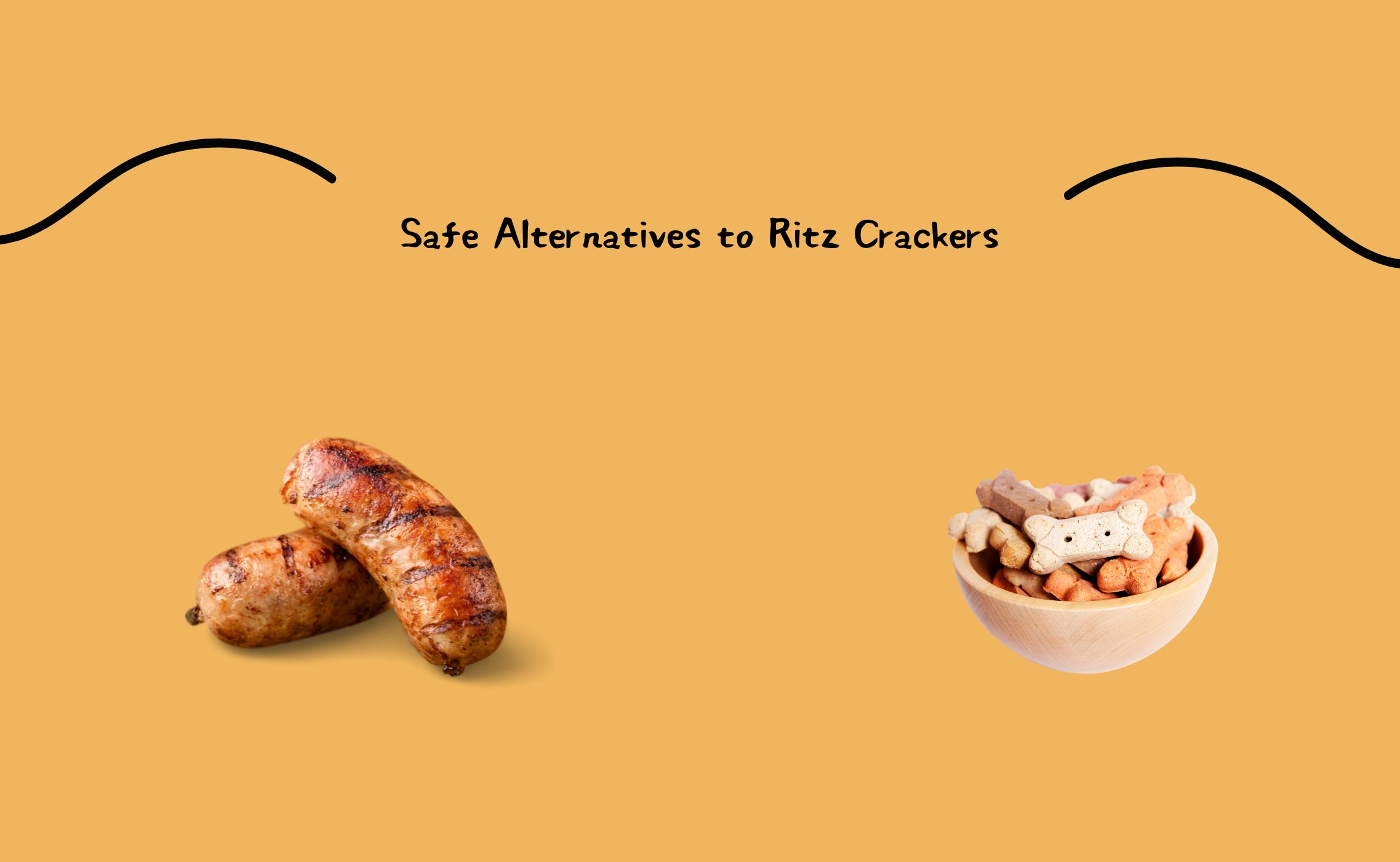
Safe Alternatives to Ritz Crackers
If you want to treat your cat, it’s best to choose options that are specifically designed for their dietary needs. Here are some safe and healthy alternatives:
Commercial Cat Treats
Opt for commercially available cat treats that are formulated to meet the nutritional requirements of felines. These treats come in various flavors and textures that your cat will enjoy without compromising their health.
Cooked Meat
Small pieces of cooked chicken, turkey, or fish can make excellent treats. Ensure that the meat is plain, without any seasoning, garlic, or onions, which can be toxic to cats.
Catnip
Many cats enjoy catnip, and it can be a fun and safe treat. You can offer dried catnip or catnip-infused toys to provide your cat with a delightful experience.
Summary:
Can Cats Eat Ritz Crackers?
In conclusion, while Ritz crackers are not toxic to cats, they are not suitable as a regular treat due to their high carbohydrate, sugar, and salt content. The occasional small piece might not harm your cat, but it’s best to avoid making it a habit. Instead, opt for treats that are specifically formulated for cats to ensure they receive the necessary nutrients without the risk of health issues.
Remember, your cat’s health and well-being should always come first. If you’re ever in doubt about what foods are safe for your cat, consult with your veterinarian. They can provide personalized advice based on your cat’s specific dietary needs and health conditions.

